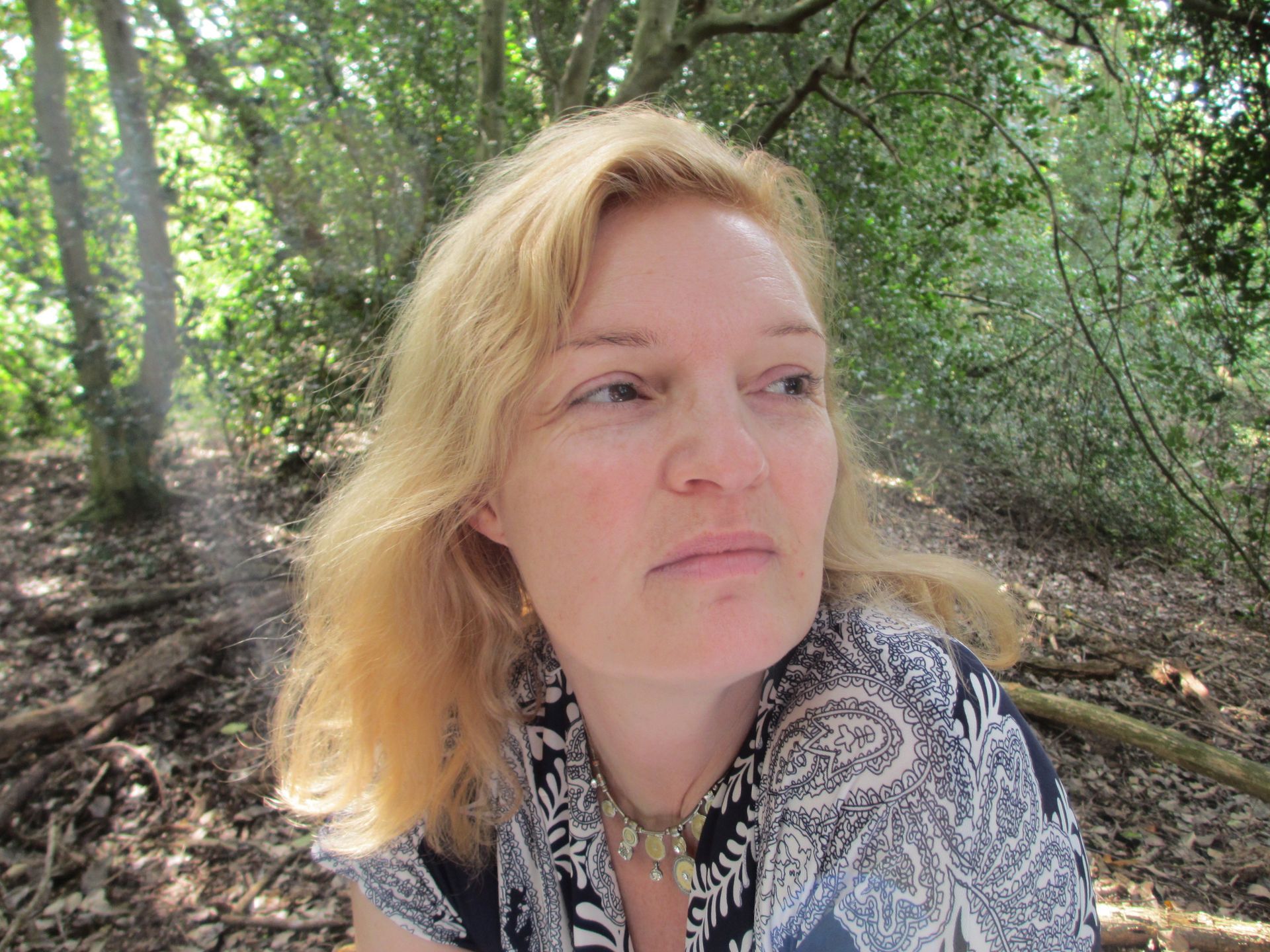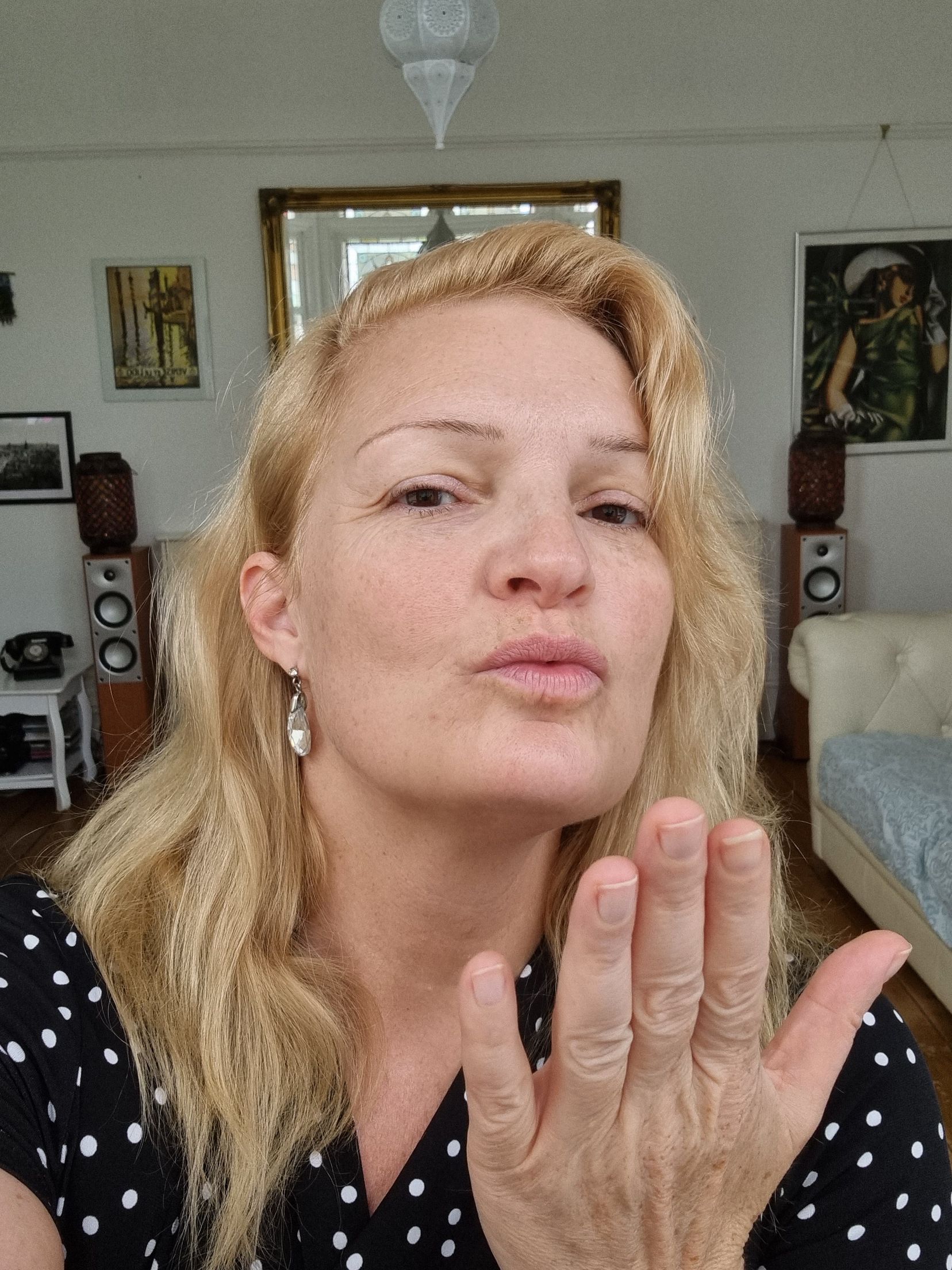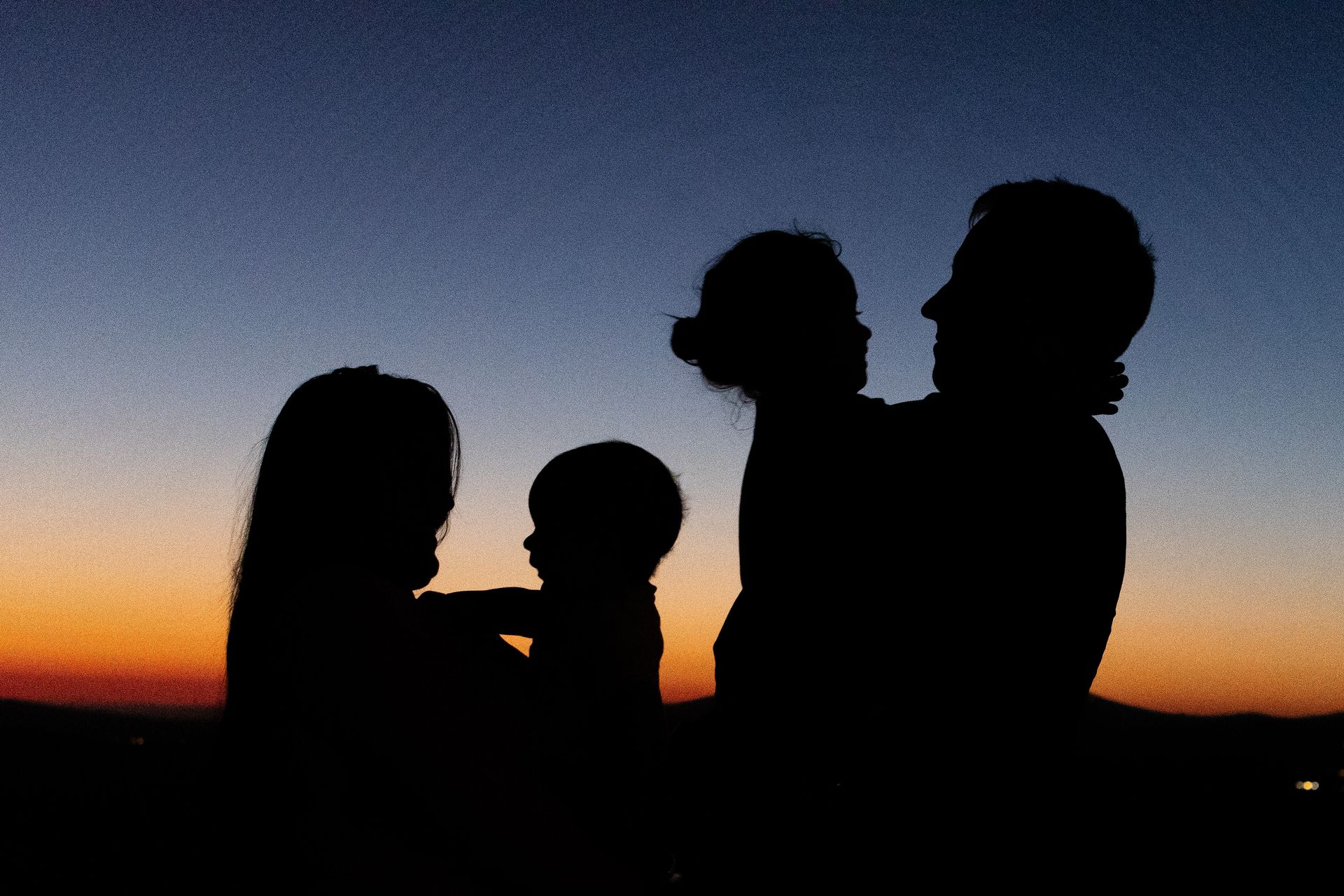
All Change!
Change happens, it happens all the time, in fact, it's happening to you right now. As you read this, some of your cells are dying and others are being created. Outside your window, clouds have tracked further across the sky, a leaf has fallen from a tree. In your neighbourhood, someone has become angry, where before they'd been at peace and a dog has completed its daily walk. In the world, decisions are being made, deals are being struck, new things are being learned and the seconds pass, each one heralding change, moment by moment by moment. In the time it's taken you to read this, you've had new thoughts, food has been digested inside you and some epithelial cells from your skin's surface will have drifted to the floor.
As I write this, in the year 2020, humanity has become aware, perhaps for the first time, that it has absolutely no control over events. We have been walking around making plans, 'in 2 months time, I'll be on the beach in Greece', 'in 6 months, I'll get that promotion', 'tomorrow, this will all be over'. Nope. 2020 has taught us that our stable, predictable lives are but a mirage, that events can storm in and upend the table whenever they like, smashing and spilling and leaving a mess we have get on our knees to clear up.
One of the first questions I ask my clients when they come to see me with an issue they wish to resolve is, 'how is it a problem?' I ask the same question here. Change is constant, in fact it's the one thing that you can guarantee won't change - there will always, always be change. Change is what has allowed us to evolve as a species, as change has happened, so we have adapted to that change and developed ourselves as a result. Change is necessary for growth and in that way, it's a positive thing. But more fundamental than that, change happens (like sh*t) whether we like it or not, all the time, again and again. So to answer my question, change is a problem for many of us at the moment, because we don't realise it's the norm. We think it's a random event that interrupts our plans and routines but it's not - change IS life. Our nicely-ordered lives are just a mental construct that allows us to have a palatable context and framework in which to exist, so we can pretend that we don't live lives of apparently random chaos.
The game-changer for each of us and for the whole of humanity, is when we realise that constant change is reality and routine and best-laid plans are just myth. Self-help books tell us to 'accept what is', possibly the most logical and helpful thing any human has ever said. When you realise that change is the norm, you see that rejecting it is madness. The famous story of Canute was the perfect metaphor of how utterly pointless it is to resist change and yet, here we all are, resisting the hell out of it. Resistance is exhausting, it's bad for us, physically, mentally and emotionally. We only have to step outside to see that the most successful model in this world for dealing positively with constant change is nature. It goes with the flow, it's a beautiful study in the acceptance of what is.
The double whammy of change is that as change is constantly happening, we constantly need to be changing, in order to adapt to our new surroundings. When we resist the change happening around us, it's because we are refusing to change ourselves accordingly. History shows us how far we've come through all the change that has happened, but it is also spattered with the horrifying consequences of resisting change, instead of rising to meet it positively.
So, given that change is happening all the time and that we need to change also in order to adapt and grow - isn't it weird that so many of us find it problematic? Change is scary - no two ways about that. Our powerful limbic system (or 'unconscious mind', as we call it in NLP) is primed to keep us alive long enough to procreate and it's favourite way to do that is to keep everything the same all the time. If the way you are doing something hasn't killed you, then it's all good as far as your unconscious mind is concerned. Our newer, conscious, or thinking minds can see the benefits of change, of how innovation and doing things in a new way can help us move forward as a species but as anyone who has tried to make a change will know, the unconscious mind will kick up a hell of a lot of resistance if it is not aligned with what the conscious mind wants. If you've tried to give up smoking and then found yourself lighting up, it's because your unconscious mind thinks it's best you keep doing what you're doing (it knows nothing of cancer!). If you keep chickening out of asking for the pay-rise you deserve, it's because your unconscious mind thinks it's a bad idea to risk what you currently have. The feelings of fear we experience when going through, or trying to create change are the unconscious mind putting up resistance. With this inner battle going on inside us - it can be bloody hard work to make conscious, successful change.
And that is what I do, I help people make change and build a mindset that is welcoming of change and possessing of some powerful tools to help that change happen in a positive way. Basically, change happens, it's the stuff of life, it's all change and we adapt or die. Change is the fundamental reality of our lives and how well each of us manages that change dictates how happy and successful our lives will be.
So what is your attitude to change? When I tell you that everything is changing all the time and the only control you have over your life is your own choice about how you adapt to that change - how does that make you feel? I've always loved change, because I was unhappy as a child and a chance to do things differently, that might make me happier, was always appealing. In my teaching, HR management and politics careers, I've seen the opportunities change can bring and I've counselled and trained others to relax and embrace it. If you feel threatened by change and find it difficult to make the changes you want in life, then there's lots you can do to remedy this. If your business feels stuck in a rut, consider how being risk-averse might be stopping you from taking advantage of new opportunities and how greater agility and flexibility of thinking amongst your employees might put your business where it needs to be.
If you'd like a chat about how I can help you or your business with change-management in any context, check out my website: www.movingforwardconsultancy.com

How to improve your career and business success by improving your relationship with yourself, your self-love, self-esteem, self-worth and self-confidence. Better self-love allows you to make the moves and take the risks that allow you to achieve your career and business goals and reach your potential.
Primary Keywords:
• self-confidence
• self-esteem
• self-worth
• self-love
• personal development
• career success
• mental health
• work-life balance
Secondary Keywords:
• assertiveness
• resilience
• goal setting
• boundary setting
• effective communication
• conflict resolution
• risk-taking
• networking
• job satisfaction
• positive mindset
Long-Tail Keywords:
• how to build self-confidence for career success
• the importance of self-love in the workplace
• how to set healthy boundaries at work
• effective communication strategies for career advancement
• overcoming self-doubt and imposter syndrome
• the impact of stress on career performance
• how to improve work-life balance
• benefits of positive mindset

The importance of self-love, self-care and self-compassion, and how improving and practising this can bring benefits to mental, emotional and physical health.
Primary Keywords:
• self-love
• self-care
• mental health
• physical health
• emotional health
• well-being
• mindfulness
• meditation
• stress management
• positive thinking
Secondary Keywords:
• self-compassion
• self-esteem
• self-worth
• toxic relationships
• healthy relationships
• personal growth
• self-improvement
• lifestyle
• wellness
• holistic health
Long-Tail Keywords:
• how to practice self-love
• the benefits of self-care
• reducing stress and anxiety through self-care
• the importance of mindfulness and meditation
• how to improve mental health through self-love
• the impact of toxic relationships on mental health
• how to set healthy boundaries in relationships
• the connection between physical and mental health
• the power of positive thinking
• tips for boosting self-esteem and confidence








